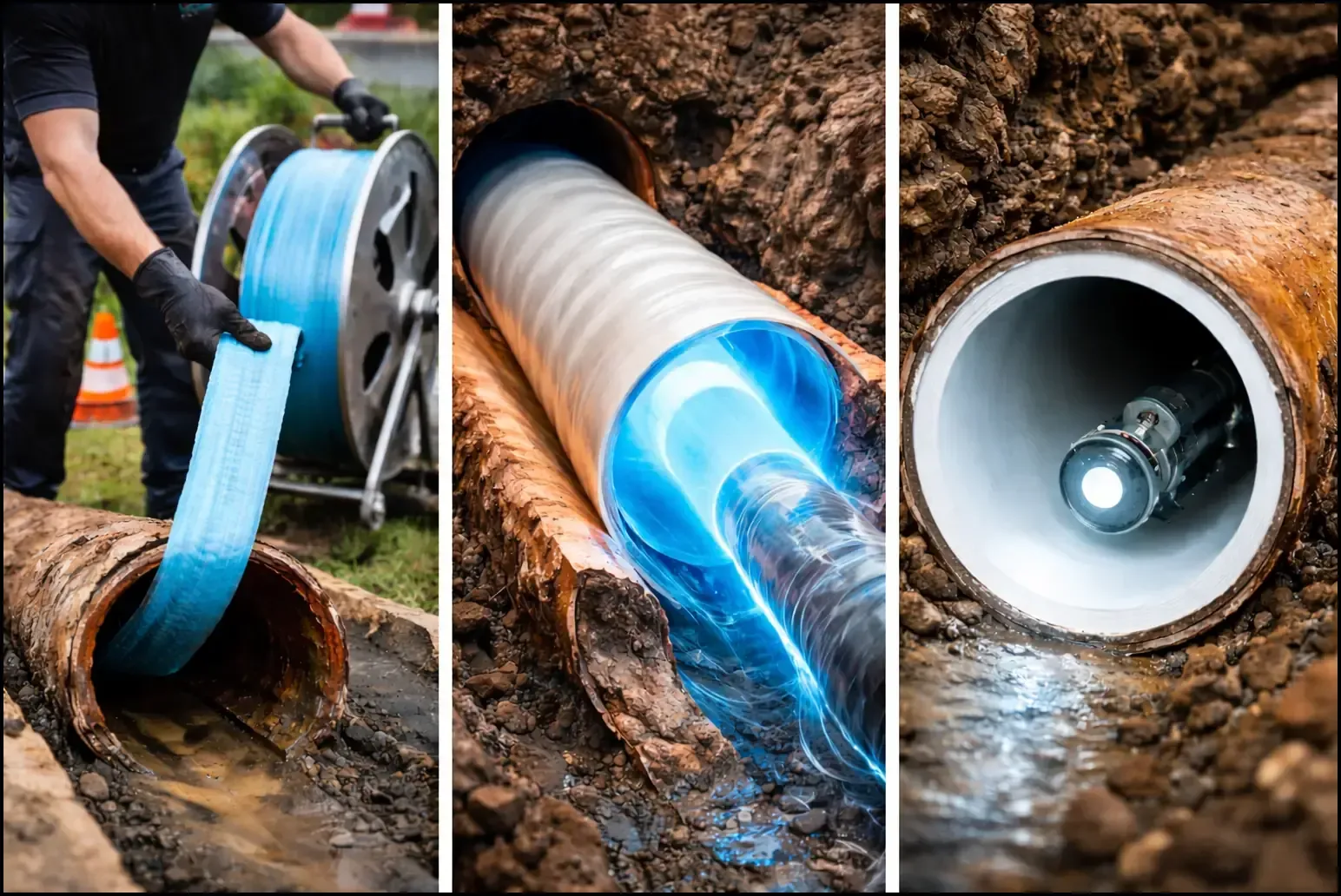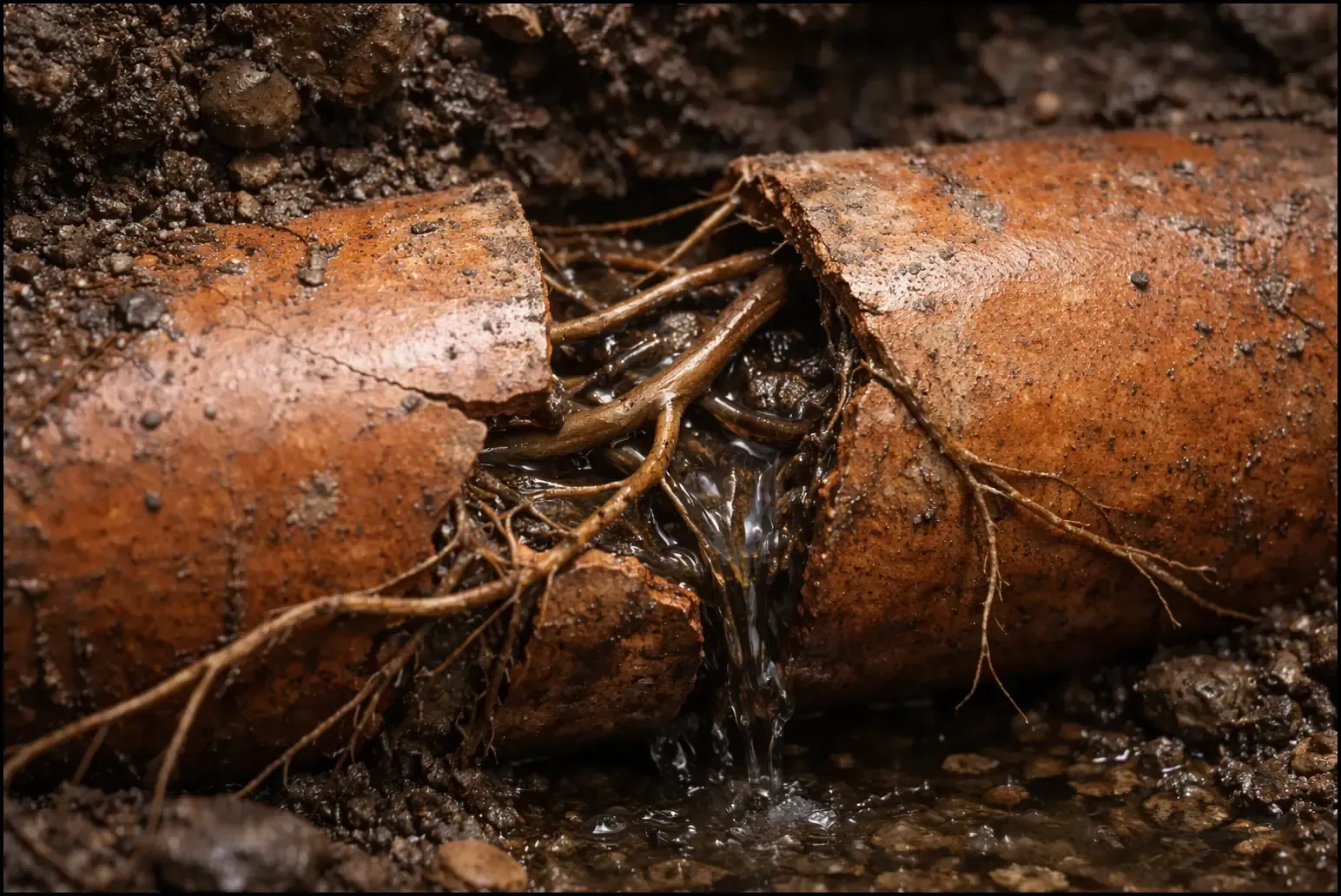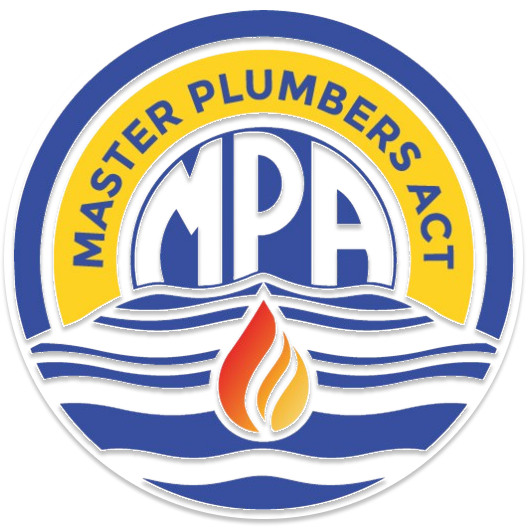Plunger vs Chemical Cleaners vs Hydro Jet: Which Drain Clearing Method Works Best?
Table of Contents:
- Why Canberra Homes Experience Blocked Drains and Slow Drainage
- The Plunger Method: A Simple, Safe Fix for Minor Blockage
- Chemical Drain Cleaners: Quick Results With Hidden Risks
- Hydro-jetting: The Professional Way to Clear Stubborn Blockage
- Which Method Works Best for Canberra Homes?
- How to Prevent Future Blockages in Your Plumbing System
- Frequently Asked Questions
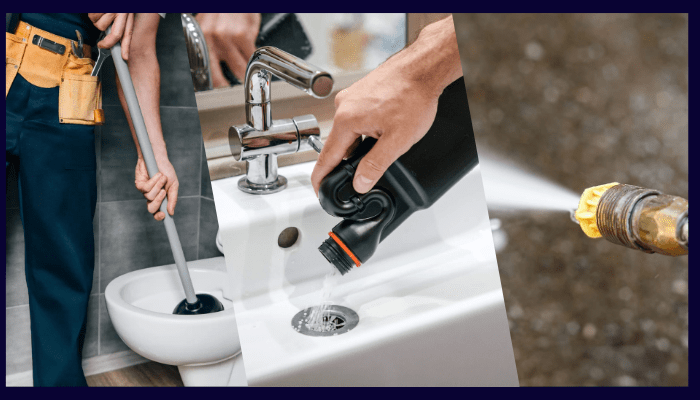
Blocked drains
are a pain in Canberra homes. Your kitchen sink slows to a crawl. Your shower drains back up.
Many homeowners wonder: is a plunger enough, should you grab a chemical cleaner, or do you need to call a plumber for hydro jetting?
Here’s a comparison of three methods to unblock drains in Canberra: plunger, chemical drain cleaner, and hydro jetting. Each method works well for common issues, like greasy kitchen sinks and tough blockages deep in sewer lines.
Why Canberra Homes Experience Blocked Drains and Slow Drainage
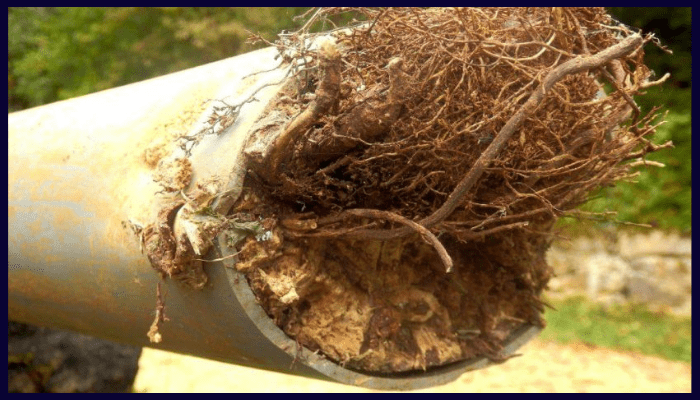
In Canberra, many older homes have pipe systems prone to buildup. Local reports and
statistics on stormwater drain blockages show that heavy rain and tree roots often worsen outdoor drainage issues.
Common causes of blocked drains include grease and soap scum gradually sticking to pipe walls, food particles, hair and organic buildup in bathroom drains, and tree roots invading sewer lines.
Minor blockage (e.g. soap scum or hair) are often
early signs of blocked drains before they overflow and, if left untreated, can turn into stubborn blockages affecting multiple fixtures.
In older plumbing systems, scale or mineral deposits can also narrow drain pipes, worsening slow drainage.
Comparing Drain-clearing Methods: Plunger, Chemical Cleaner and Hydro-jet
Each drain-clearing method handles blockage types differently. Success depends on how deep the blockage is,
pipe material, cost, safety, and environmental impact.
Below we evaluate each method across key criteria to help identify the best way to unblock drains.
The Plunger Method: A Simple, Safe Fix for Minor blockage
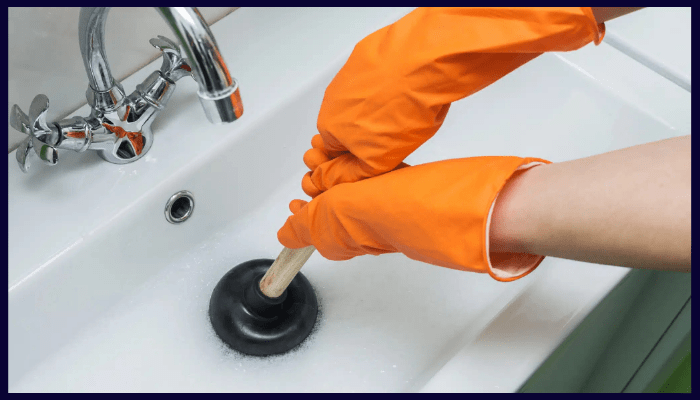
How a Plunger Works
A plunger uses suction and pressure changes to dislodge blockages near the drain opening. A cup or flange plunger creates a vacuum over the drain and can push or pull debris loose.
When to Use a Plunger
Use it on blocked toilets, bathroom sinks, shower drains, or kitchen sinks with standing water or mild blockage. It’s most effective when the blockage is close to the surface (e.g. a hairball or soap residue).
Advantages
The plunger method is low-cost, eco-friendly (no harsh chemicals), safe for your plumbing system, and ideal for immediate DIY fixes. There is no chemical residue or risk of damaging pipes when used properly.
Limitations
Plungers cannot reach blockages deep in main drain pipes or handle scale, tree roots, or heavy grease buildup. If the blockage is beyond the reachable length, plunging may push the blockage further down rather than clear it fully.
Chemical Drain Cleaners: Quick Results With Hidden Risks
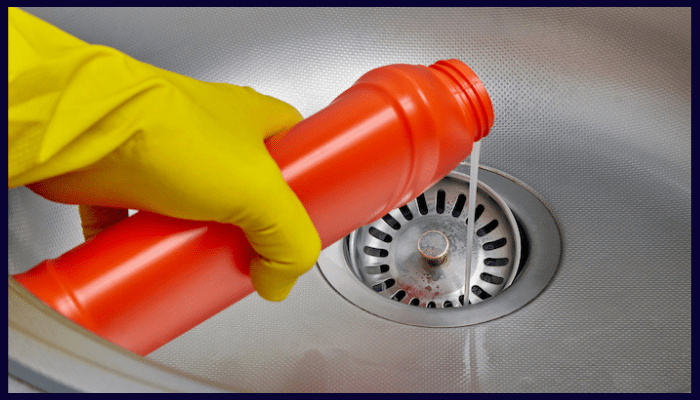
Types of Chemical Cleaners
Chemical drain cleaners may be caustic (e.g. lye, sodium hydroxide), acidic (e.g. sulphuric or hydrochloric acid), or enzymatic/biological (using microbes or enzymes).
The caustic and acidic types dissolve organic matter like grease, soap, or hair. Enzymatic cleaners act more slowly but are safer for pipes and gentler on the environment.
Effectiveness and Risks
Chemical cleaners can work well on mild grease, soap scum, and hair blockages. However, Canberra plumbing guides warn that frequent use may damage pipes over time and cause corrosion or weakening of pipe walls.
For more on misconceptions like these, check out our guide on
common plumbing myths about blocked drains Canberra residents still believe.
Some blockage (tree roots, mineral scale, compacted debris) resist chemical action entirely.
Strong chemicals also generate heat and fumes; misapplication can lead to burns or inhalation hazards.
One plumbing guide notes that hydrochloric acid use requires protective gear and careful control to avoid plumbing damage.
A drain cleaning resource also warns that chemical solutions can linger on pipe walls, degrade plumbing materials, and lead to costly repairs down the line.
Environmental Impact
In the ACT, many drain cleaners are categorised as hazardous household waste and must not be disposed of down stormwater or into drains indiscriminately.
They can harm beneficial bacteria in sewer systems or septic systems and contribute to waterway pollution.
Safer Alternatives
For mild blockages, a mix of baking soda and hot water or boiling water can help dissolve light buildup. These methods are gentler and carry minimal risk to pipes.
Hydro-jetting: The Professional Way to Clear Stubborn blockage
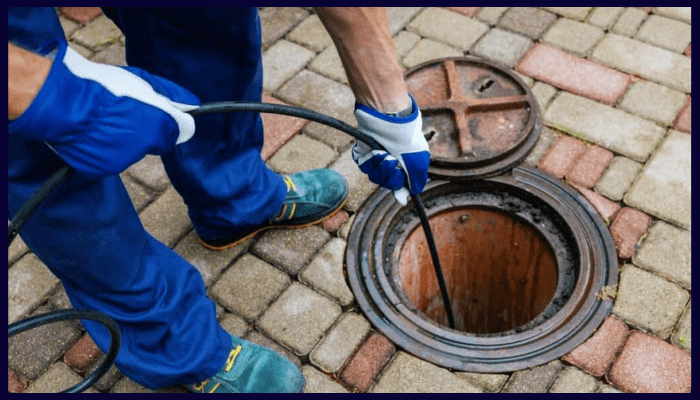
What Hydro-jetting is
Hydro-jetting, also known as high-pressure water jet cleaning, uses specialised nozzles to blast water at pressures that scour the interior of drain pipes and force out blockages.
Because it cleans the full circumference of the pipe, it clears not just the blockage but also residue along the pipe walls, allowing plumbers to
fix blocked drains without digging or damaging your property.
When to Call a Professional Plumber
Hydro-jetting should only be handled by licensed plumbers. Before jetting, they often perform a CCTV inspection of drain pipes to assess condition and avoid damaging weak or cracked pipes.
Plumbers typically offer hydro-jetting when repeated DIY attempts have failed, multiple fixtures back up, or there is suspected root intrusion or severe buildup.
Benefits
- High effectiveness: Able to cut through tree roots, thick grease, scale, and compacted debris.
- Long-term results: Because the pipe walls are cleaned, future blockages are less likely to adhere.
- Environmentally safe: Uses only water, so no harsh chemicals are introduced.
- Comprehensive cleaning: Restores pipes to near “as new” condition in many cases.
Risks and Cost
While powerful, too much pressure can damage older or fragile pipes. Experts warn that poorly controlled jetting may crack weakened pipe systems.
Costs tend to be higher, often several hundred dollars for residential hydro-jet service, especially when including inspection, setup, and labour, which influences the
average cost to fix blocked drains in Canberra.
Which Method Works Best for Canberra Homes?
| Method | Best For | Pros | Cons | Suitability in Canberra |
|---|---|---|---|---|
| Plunger | Surface clogs (hair, soap) | Cheap, safe, DIY | Limited reach | Excellent first attempt |
| Chemical cleaners | Light organic clogs | Fast, accessible | Pipe damage, environmental risk | Use sparingly as last resort |
| Hydro-jetting | Severe or recurring clogs, roots, grease | Thorough, long-lasting, eco | Costly, requires pro | Ideal for deep Canberra blockages |
For most Canberra households, start with simple plunging or hot water and baking soda, and avoid frequent use of harsh chemicals.
Reserve hydro-jetting for stubborn or deeply lodged blockages, as the key difference between
DIY vs professional blocked drain repairs lies in how thorough and long-lasting the results are.
Local plumbing guides often caution against chemical cleaners for ongoing use and encourage professional hydro-jetting for complex cases.
How to Prevent Future Blockages in Your Plumbing System
Avoid pouring grease or fatty food waste down kitchen sinks. Use drain strainers or screens to catch hair and debris in showers, sinks, and baths.
Flush drains regularly with hot water or a mild baking soda and vinegar mix. Schedule periodic plumbing maintenance with a professional to inspect or jet lightly before blockages worsen.
Trim tree roots near sewer lines, as roots can invade pipe joints over time.
Frequently Asked Questions
Is Hydro-jetting Safe on Old Plumbing Systems?
Hydro-jetting is generally safe when done by experienced plumbers who inspect pipe conditions first. However, brittle or corroded pipes may be at risk under extreme pressure.
Will a Drain Snake or Auger Work Better Than a Plunger?
A drain auger (plumbing snake) reaches deeper than a plunger and can break up tougher clogs. However, it doesn’t clean pipe walls like hydro-jetting does, which means organic material might build up again.
Can Chemical Drain Cleaners Permanently Damage Pipes?
Yes. Regular use of caustic or acidic drain cleaners can corrode both metal and plastic pipes and may leave remaining residue that weakens plumbing over time.
How Often Should I Get My Drains Professionally Cleaned in Canberra?
For most homes, every 12–24 months is sufficient, or more frequently if you have large trees nearby or experience frequent minor clogs.
What is the Safest and Most Effective Way to Unclog Drains?
Start with a plunger or natural cleaner like hot water and baking soda. If that doesn’t work, contact a licensed plumber for hydro-jetting—the safest and most effective long-term solution.
Other Resources:
Top 12 Canberra Suburbs with the Worst Drain Problems (Local Insights)
Do Low-Flow Fixtures Cause More Blocked Drains?
Seasonal Guide: Why Canberra Winters Cause More Blocked Drains

